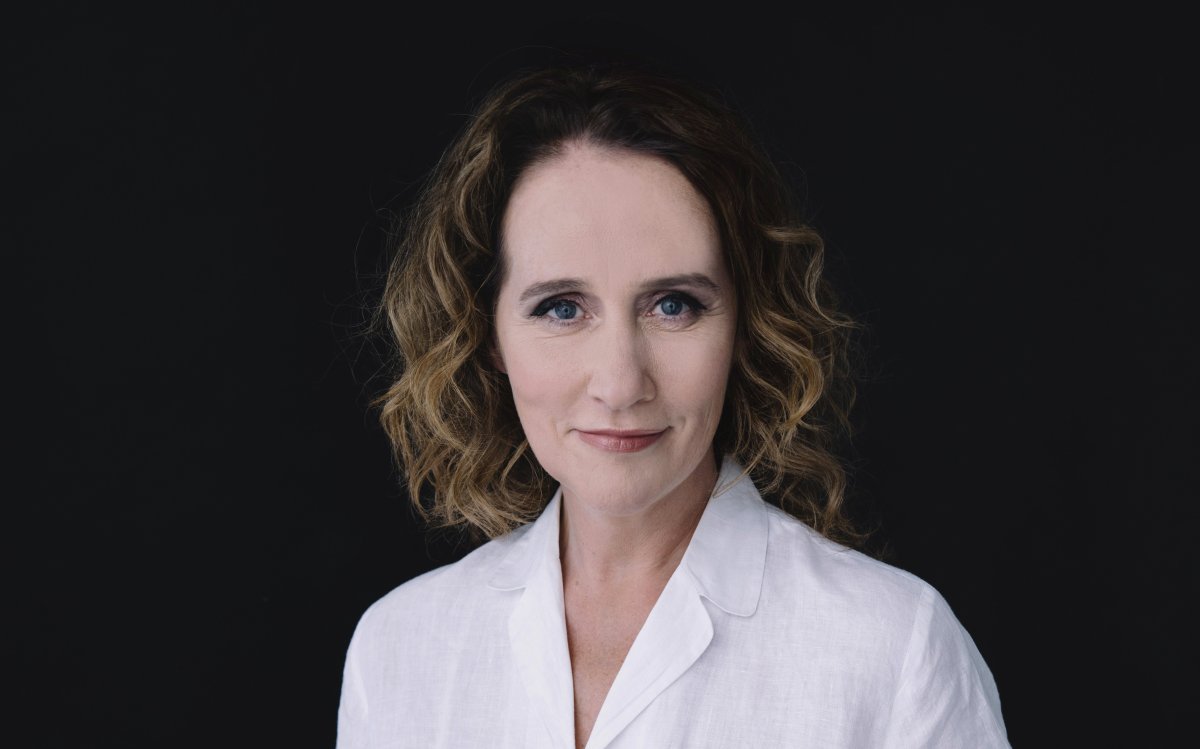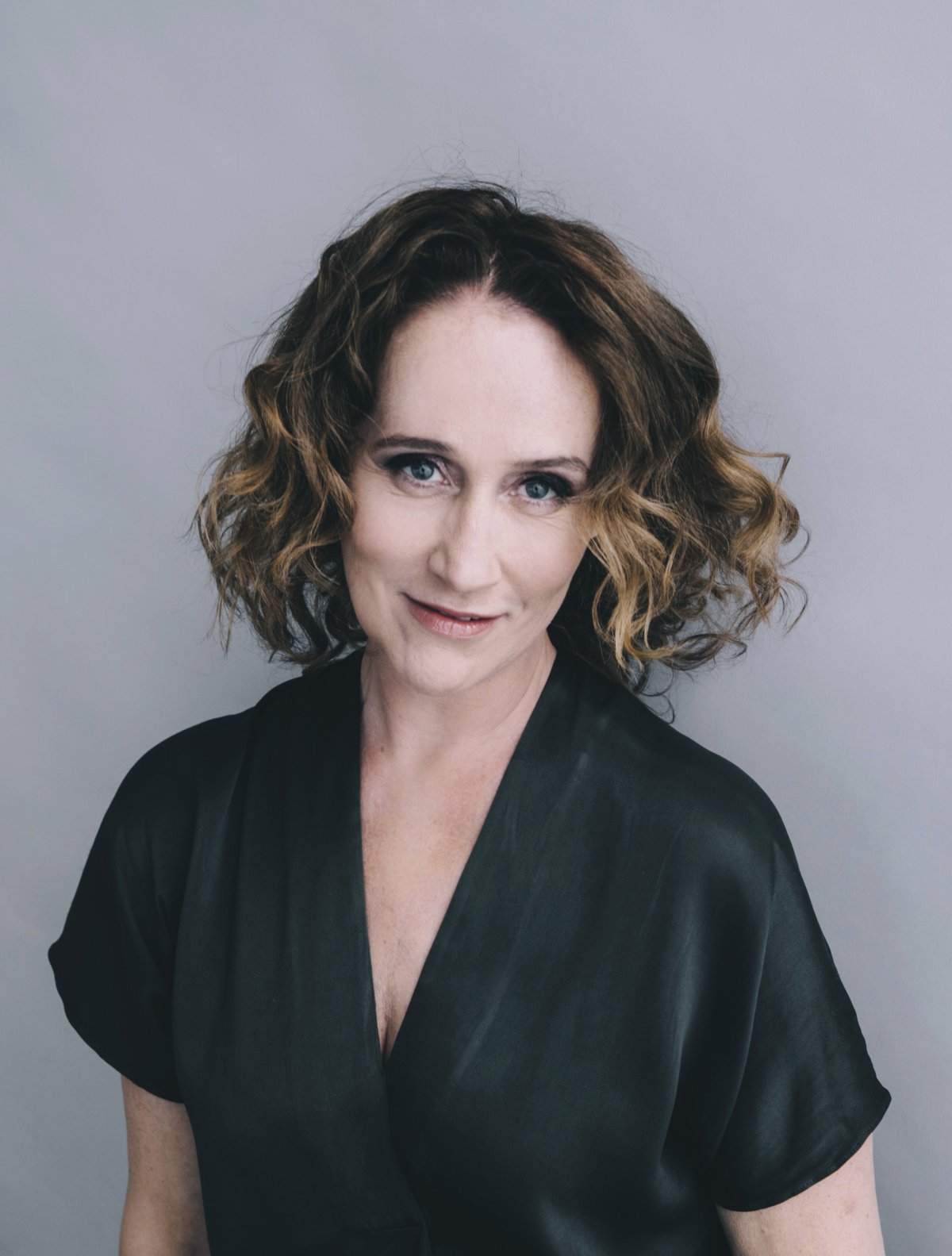The 2025 Eurobarometer highlights culture as the primary factor creating community among EU citizens. Creative Europe, the EU's sole culture-dedicated programme, currently represents a minimal budget fraction. The sector seeks to maintain the programme, double its budget, and position culture as a strategic European investment.
To achieve that, the European cultural sector has launched an initiative calling for reinforcement of the Creative Europe programme in the next EU budget. Over 70 European associations, representing nearly 20,000 organisations and supported by more than 200 national cultural groups, are advocating for significant changes.
The initiative emerges amidst geopolitical uncertainty, economic pressures, and democratic backsliding. With public funding cuts for culture and attacks on artistic freedom occurring across the continent, robust European cultural support is essential for societal inspiration and connection.
"Culture is one of the last common goods—nobody owns it; everyone can claim it. It's uniquely positioned to bring people together in a divided world."
In the context of the Creative Europe initiative, IETM , international network for contemporary performing arts, is a key initiator and signatory to the open letter and a significant actor in the effort to strengthen the Creative Europe programme. Representing more than 500 performing arts organisations and professionals worldwide, IETM is one of the oldest and largest international cultural networks in the continent.
Ása Richardsdóttir, IETM’s Secretary General, is one of the most vocal representatives of the European cultural and creative ecosystem. With a diverse background in arts, culture, politics, and media, Richardsdóttir advocates for international collaboration and policies that can reveal culture’s strategic advantage for Europe.
Richardsdóttir believes that artistic and cultural perspectives are essential for addressing current challenges we face: wars, far-right populism, and inequalities, to name a few. “Cultural dialogue should be Europe's strategic priority. The outspoken, critical, democratic, and inclusive voices of artists are what we need in today's world,” she says in this interview with Creatives Unite.
Q: What are the primary goals of your campaign?
A: Our campaign calls for doubling Creative Europe's budget from 2.3 to 5 billion euros. We argue this investment is a smart move for Europe in a divided world. The cross-border collaboration Creative Europe stands for is essential for European unity; it enables a togetherness of artistic communities and citizens and brings with it peaceful exploration and depth for cultural understanding.
The current EU Commission calls for greater European competitiveness. Well, as we say in our call, competitiveness requires solidarity, and solidarity begins with culture. In difficult times, trust, empathy, and shared hope are the bonds that culture fosters. We believe it is the bridge between people and the foundation of meaningful European leadership.
At this moment, it looks like Creative Europe will be merged into Citizens Equality Rights & Values program. This development, if true, is contrary to the call of hundreds of organisations and thousands of professionals. If it becomes a reality, we will fight for Creative Europe being strengthened within, keeping its unique identity and purpose.
Q: Can you explain the perspective on the Creative Europe Programme? Why do we need to have a standalone programme for the arts and culture?
A: The cultural world has access to over 20 different EU programmes, touching multiple Directorate-Generals. But we believe in Creative Europe's value because of its track record for flexibility, willingness to innovate, and ability to take on new ideas. Creative Europe is the only standalone programme for arts and culture in the EU. It has been in existence for 11 years, longer if we count its predecessor programmes, and facilitates cross-border collaboration across 40 countries, including 13 non-EU countries.
It allows thousands of artists and creators to interact, create projects, and develop innovative working models. As an example, we created Perform Europe with and for Creative Europe, during COVID-19, a funding scheme prioritising performing arts and inclusive and greener cross-border collaborations. Creative Europe has been instrumental in enabling dynamic projects that create a deeper understanding between national operators. And we need more of those.

Q: How do you view the contradictions between culture being a national policy issue and a European concern?
A: I don't look at these as negative contradictions but as the dynamism of our continent. Culture has proven to be a major force of unity and peace since World War II. According to EU agreements, culture is a national jurisdiction. However, the EU has long decided to work together, creating programmes that enable cross-border collaboration.
These programmes generate genuine European added value. Interestingly, while not attempting to directly influence national policies, these EU programmes have started subtly influencing national funding approaches. We see more national programmes adopting innovative models pioneered at the European level.
Q: After decades of American cultural imperialism and with rising far-right tendencies in Europe, how can the European Union help overcome these challenges?
A: The most critical approach is to engage openly and daringly with all perspectives, even those we fundamentally disagree with. Closing our borders to far-right ideologies is counterproductive. We must actively engage in dialogue, recognising that even those with different political views have their understanding of culture. Our campaign represents a small but significant step in bridging societal divides. Staying silent is not an option.
"Merging Creative Europe into Citizens Equality Rights & Values program goes against the call of hundreds of organisations and thousands of professionals across the continent."
We need to enter conversations with open minds, practice deep listening, and simultaneously maintain our core values. The key is to recognise that our shared common ground is far more substantial than our differences. As a Nordic feminist, I have my zero-tolerance line, and others will have theirs. However, by engaging in genuine dialogue, we can achieve a mutual understanding. The cultural sector's role is to create connections, not divisions.
Q: In a world of global antagonisms between power formations, I wonder how culture can help Europe lead?
A: It is clear that the increased European investment in defence and security will affect other economic sectors. However, let's also be clear that no “battle” will be fought, let alone won, unless people are united and given hope. As revealed by the 2025 Eurobarometer, culture is the primary factor which gives hope and, sense of community. Entering this period, Europe must proudly bring along its key strengths, which, through this remarkable union of now 27 nations, it has practised and sharpened: openness, understanding, genuine connections, and cultural leadership.
Q: What does it mean for culture to be a strategic priority for Europe? Can you tell us more about that?
A: Traditionally, Europe has been strong in broader cultural definitions, democracy, equality, and science. When people define European identity, they associate it with democracy, freedom, dialogue, and consideration for the less fortunate. We should enhance our strengths, not replace them. Culture is one of the last common goods—nobody owns it; everyone can claim it. It's uniquely positioned to bring people together in a divided world.
Images: Courtesy of Ása Richardsdóttir









